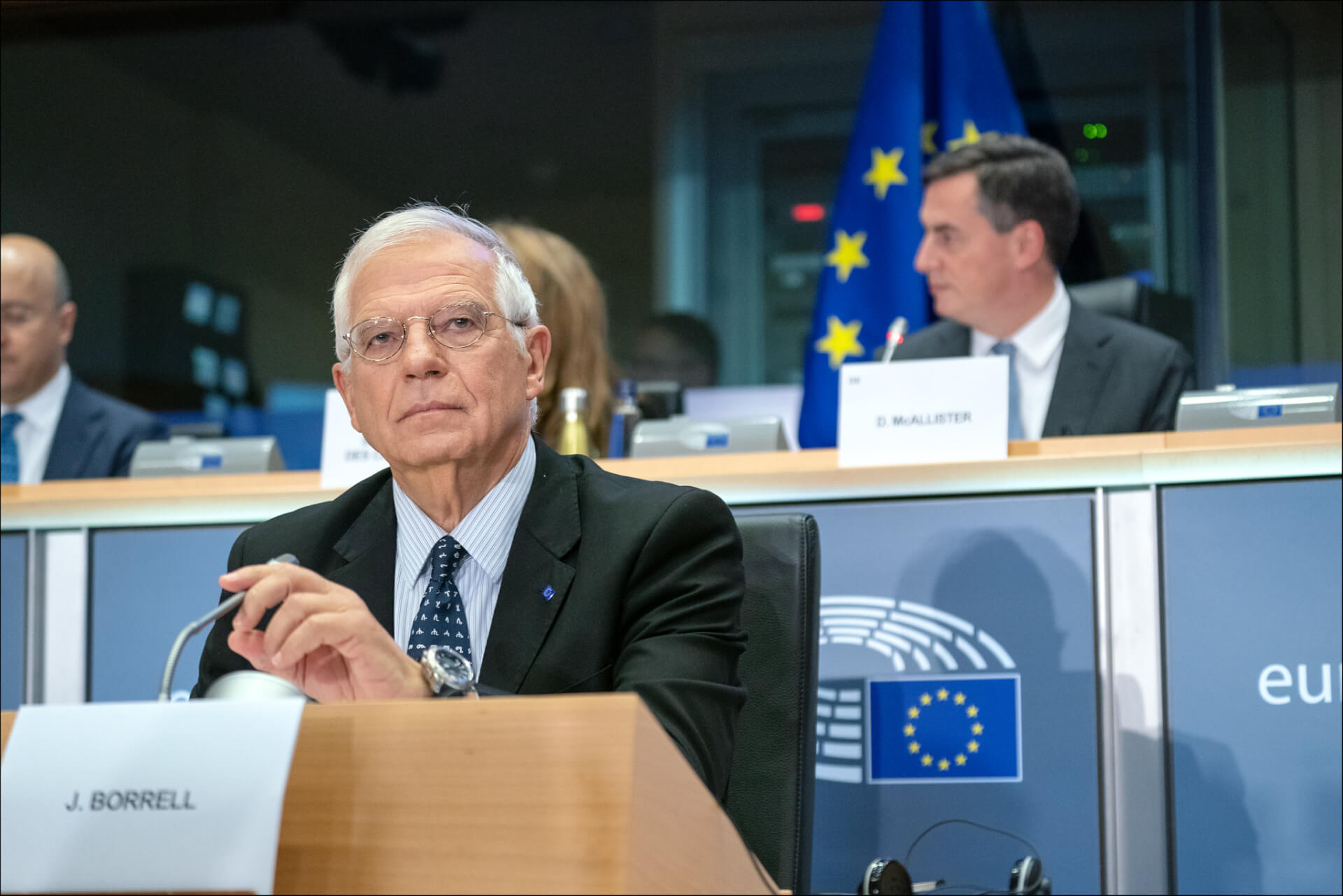Amid an ongoing standoff with the European Union (EU) due to their COVID-19 budget veto, Hungary and Poland have voiced strong opposition to another EU proposal, this time aimed at promoting gender equality and women’s empowerment as part of the bloc’s foreign policy.
The EU on Wednesday unveiled a gender equality plan, titled ‘Gender Action Plan III’, which seeks to bolster women’s, girls’, and LGBT+ rights worldwide by “challenging gender norms and stereotypes”.
The announcement was made on the International Day for the Elimination of Violence against Women by the European Commission. The bloc noted that, despite significant progress in advancing women’s and girls’ rights over the last 25 years, no country is on track to achieve gender equality and empower all women and girls by 2030, and that the COVID-19 pandemic has only presented added challenges of its own.
The new proposal aims to address these issues and accelerate the bloc’s progress towards meeting international commitments through increased gender mainstreaming in foreign aid projects across sectors, strengthening monitoring and evaluation frameworks, and working in close cooperation with member states and partners across multilateral, regional, and local levels.
EU foreign policy chief Josep Borrell said: “Ensuring the same rights to all empowers our societies. It makes them richer and more secure. It is a fact that goes beyond principles or moral duties. The participation and leadership of women and girls is essential for democracy, justice, peace, security, prosperity, and a greener planet. With this new Gender Action Plan, we are pushing for more and faster progress towards gender equality.”
However, the plan was immediately rebuked by Warsaw and Budapest, who accused the EU of inventing and imposing new norms on member states.
“The treaty of the European Union very clearly refers not to gender equality but to equality between women and men,” Polish State Secretary for Development Cooperation Paweł Jabłoński said in a written statement. “We see no need to redefine that and we do not appreciate attempts to do so. We should rather follow legal norms instead of inventing new ones, especially if they may be prone to uncertain interpretations and various translating problems.”
A spokesperson for the Hungarian delegation to the EU said that “defining the concept of gender falls under the exclusive competence of the member states, which must be respected,” adding that EU proposals should therefore only contain references that are consensually agreed to by all members of the bloc.
Both Poland and Hungary have been at odds with the EU’s executive branch over a range of issues pertaining to the rule of law, the independence of the judiciary, and the rights of minorities. Though Warsaw and Budapest have described those principles as “foreign ideology”, most European countries and institutions view them as fundamental to the bloc’s beliefs.
Poland is currently facing the biggest protests in the nation since the fall of communism in 1989. The demonstrations, which began as a defense of women’s sexual and reproductive rights after a top court’s decision to ban nearly all abortions, have grown to include calls for the protection of LGBTQ+ people. President Andrzej Duda has supported and fiercely propagated an anti-LGBT ideology in recent months, and has vowed to ban the teaching of gay rights in school. Earlier this year, some Polish towns also declared themselves “LGBT-free zones”, which led to EU funding cuts, but the government compensated them.
In Hungary, Prime Minister Viktor Orbán’s government has increasingly used anti-LGBT rhetoric as part of a perceived culture war against anyone who does not fit into its definition of a “traditional family”. Described as an illiberal democracy first, Orbán now prefers to call his system of government a “Christian democracy”, with strong support for his regressive policies from the Hungarian Catholic Church. Earlier this week, his administration proposed draft legislation to ban same-sex couples from adoption along with a constitutional amendment forcing families to raise children in Christianity-prescribed gender roles. Legal recognition for transgender people was also ended in the country in May.
The countries could veto this plan too, given that approval is possible only if all 27 member states give their backing to the proposal. However, if that happens, individual countries could still endorse the plan. However, some have voiced concerns that the failure to bring all EU states on board could not only harm the bloc’s reputation but also hamper efforts to advance women’s, girls’, and LGBT+ rights.
“It’s tough enough to go to many countries where we use European aid to advance gender equality, so if we start to erode it ourselves, you can imagine how difficult it will be to advance the rights of women and girls or the LGBTQI community,” Dutch Trade and Development Minister Sigrid Kaag said Monday.
Hungary, Poland Oppose EU’s Foreign Policy Gender Plan
The countries have accused the EU of inventing and imposing new norms on member states.
November 27, 2020

EU foreign policy chief Josep Borrell SOURCE: EUROPEAN INTEREST
